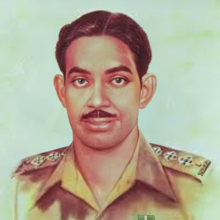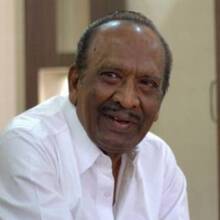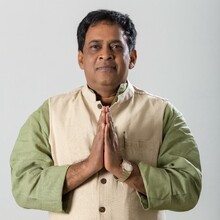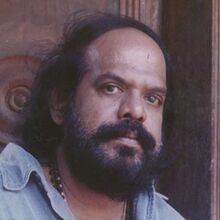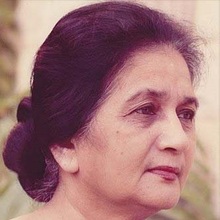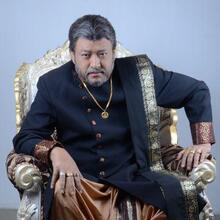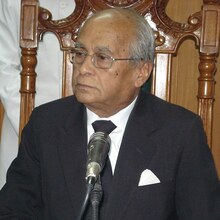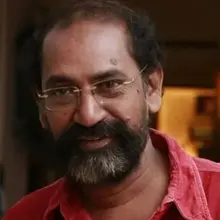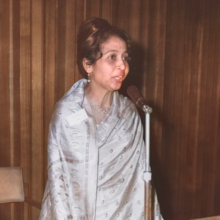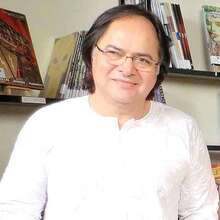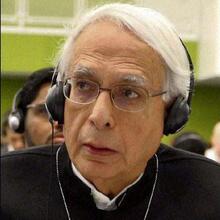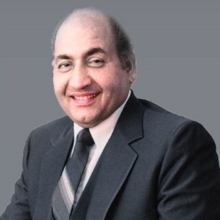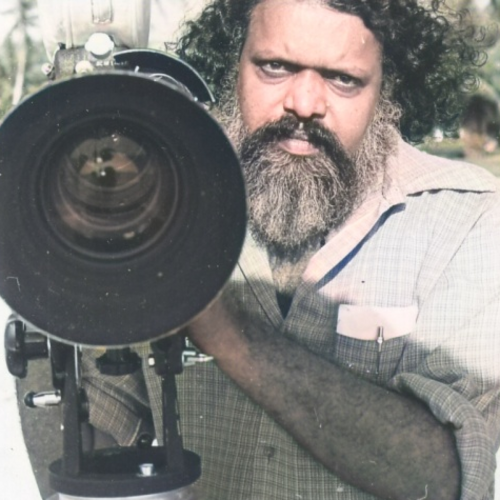
Personal
Other names:
Job / Known for:
Film director, screenwriter, musician, cartoonist
Left traces:
11 feature films and several documentaries
Born
Date:
1935-01-21
Location:
IN
Kottayam, Kerala
Died
Date:
1991-03-15 (aged 56)
Resting place:
IN
Thiruvananthapuram, Kerala
Death Cause:
Heart attack
Family
Spouse:
Kaumudi Aravindan
Children:
Ramu Aravindan
Parent(s):
M. N. Govindan Nair and P. G. Thankamma
QR Code:
 My QR code:
Govindan Aravindan
https://DearGone.com/11506
My QR code:
Govindan Aravindan
https://DearGone.com/11506
Key Ownner:
Not yet supported by key owner
Show More
Rank
Users ranking to :
Thanks, you rate star
Ranking
5.0
1
Fullname
Govindan Aravindan
Fullname NoEnglish
ജി. അരവിന്ദൻ
Slogan
The cinema is not an art which films life: the cinema is something between art and life.
About me / Bio:
Show More
Article for Govindan Aravindan
Died profile like Govindan Aravindan
Comments:
